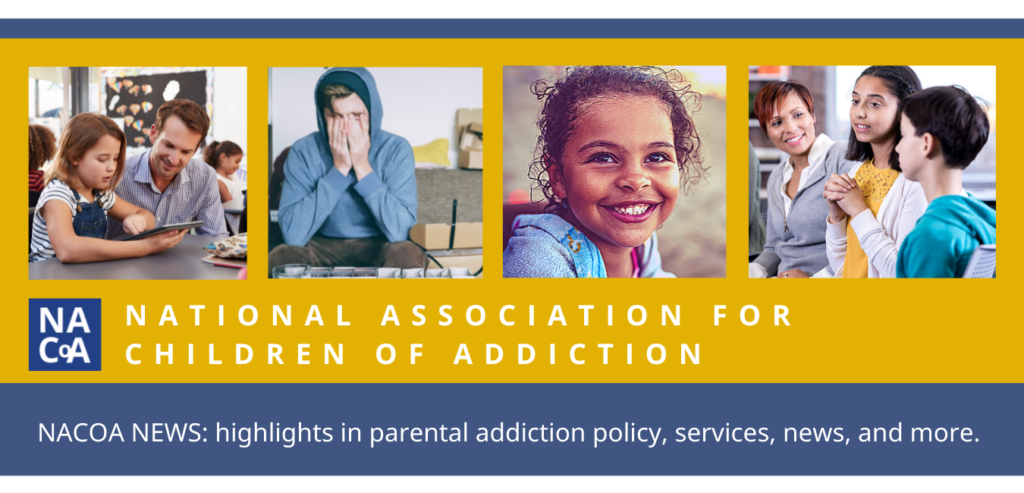|

Protecting Children by Safeguarding Prescription Medications
With kids and teenagers home for summer vacation, it is a good time of year to ensure medications in the household are secured safely. The majority of teenagers who misuse prescription medicine are getting them from friends, family and acquaintances. Make sure to take some important steps to protect those you love:
Step 1: Monitor
For every prescription medication, note the number of pills in your bottle/pill packet, and keep track of refills. Be especially cautious of anxiety medications, sleeping aides, and potentially addictive medications.
Step 2: Secure
Store prescription medications the way you would other valuables, or things that could be a risk for your children. Avoid keeping medications on the kitchen counter, bedside table, or medicine cabinet. When able, it is best to store all medicines, both prescription and over-the-counter, in a safe place, such as a locked cabinet your teen or his/her friends cannot access.
Step 3: Dispose
When medication is no longer needed, or expired, it is best to dispose the medication by taking it to a local collection site. Remove or mark out any personal information noted, and take advantage of designated drug take back days or contact your local police department for a list of other depositories. Avoid throwing away over the counter medications when children are in the home to reduce the awareness it has been thrown out, and when you do it is best to take out of packaging, mix with something undesirable like kitty litter or coffee grounds, and put in a zip lock bag.
To learn more, here are some additional resources:
Lock Your Meds https://www.lockyourmeds.org/
*This URL is currently experiencing connection difficulty via link, but can be copied/pasted into your browser to visit the website.
Against Medicine Abuse: Securing and Disposing Medications https://drugfree.org/article/safeguard-against-medicine-abuse-securing-and-disposing-medications/
About the Medicine Abuse Project https://drugfree.org/article/medicine-abuse-project-partners/
Rise in Prescription Drug Misuse and Abuse Impacting Teens https://www.samhsa.gov/homelessness-programs-resources/hpr-resources/rise-prescription-drug-misuse-abuse-impacting-teens
|
